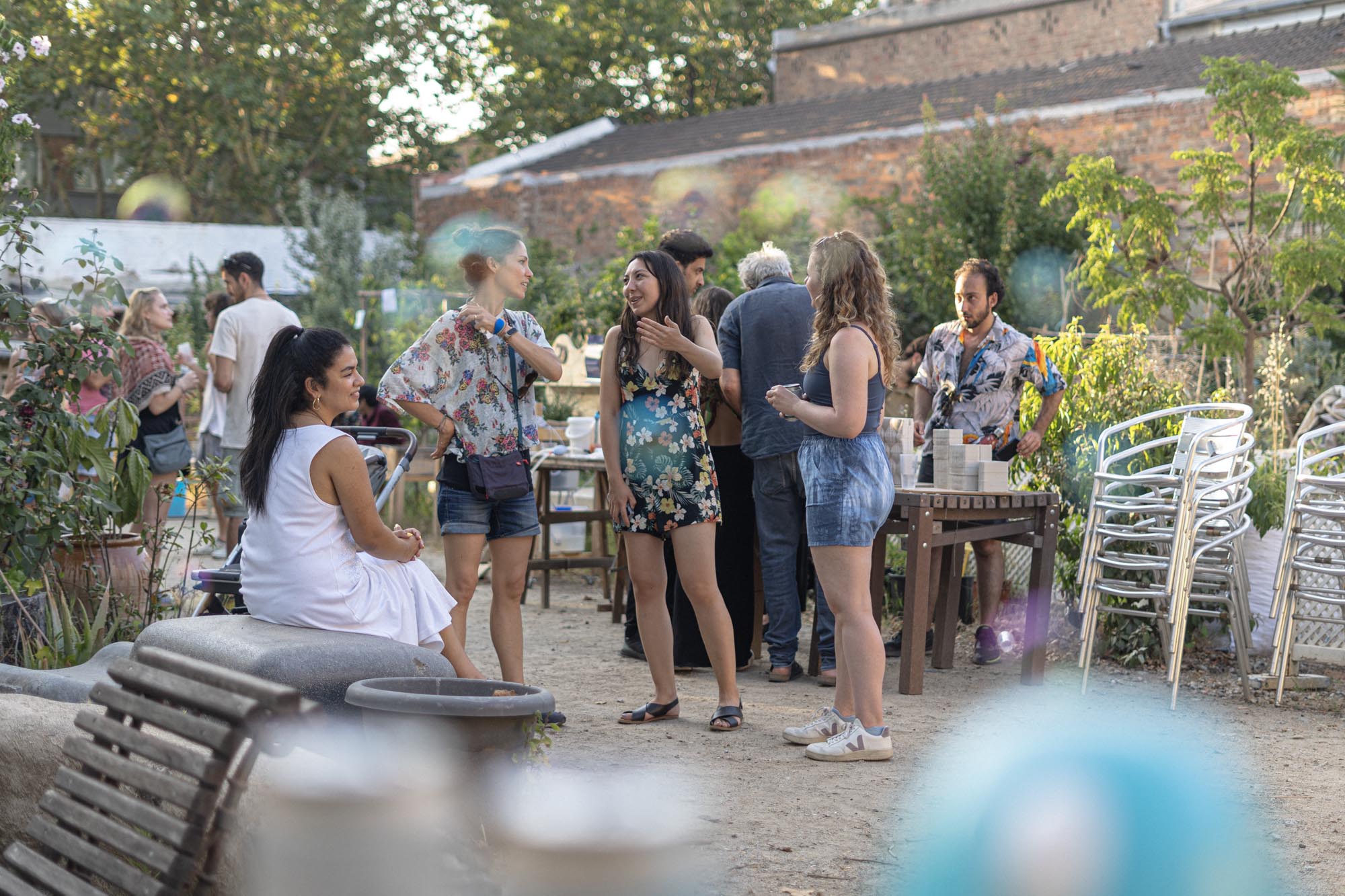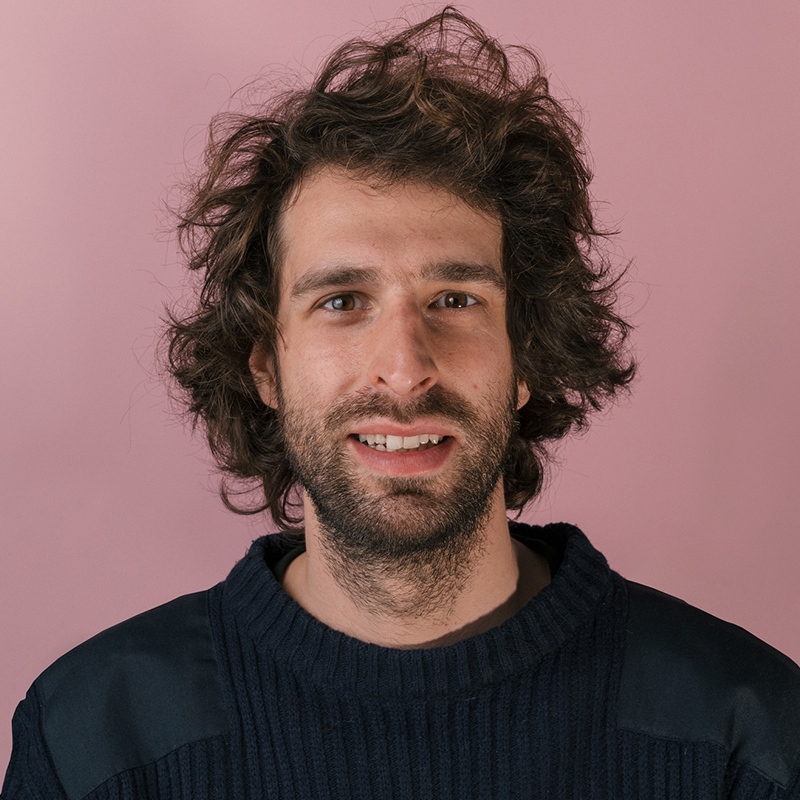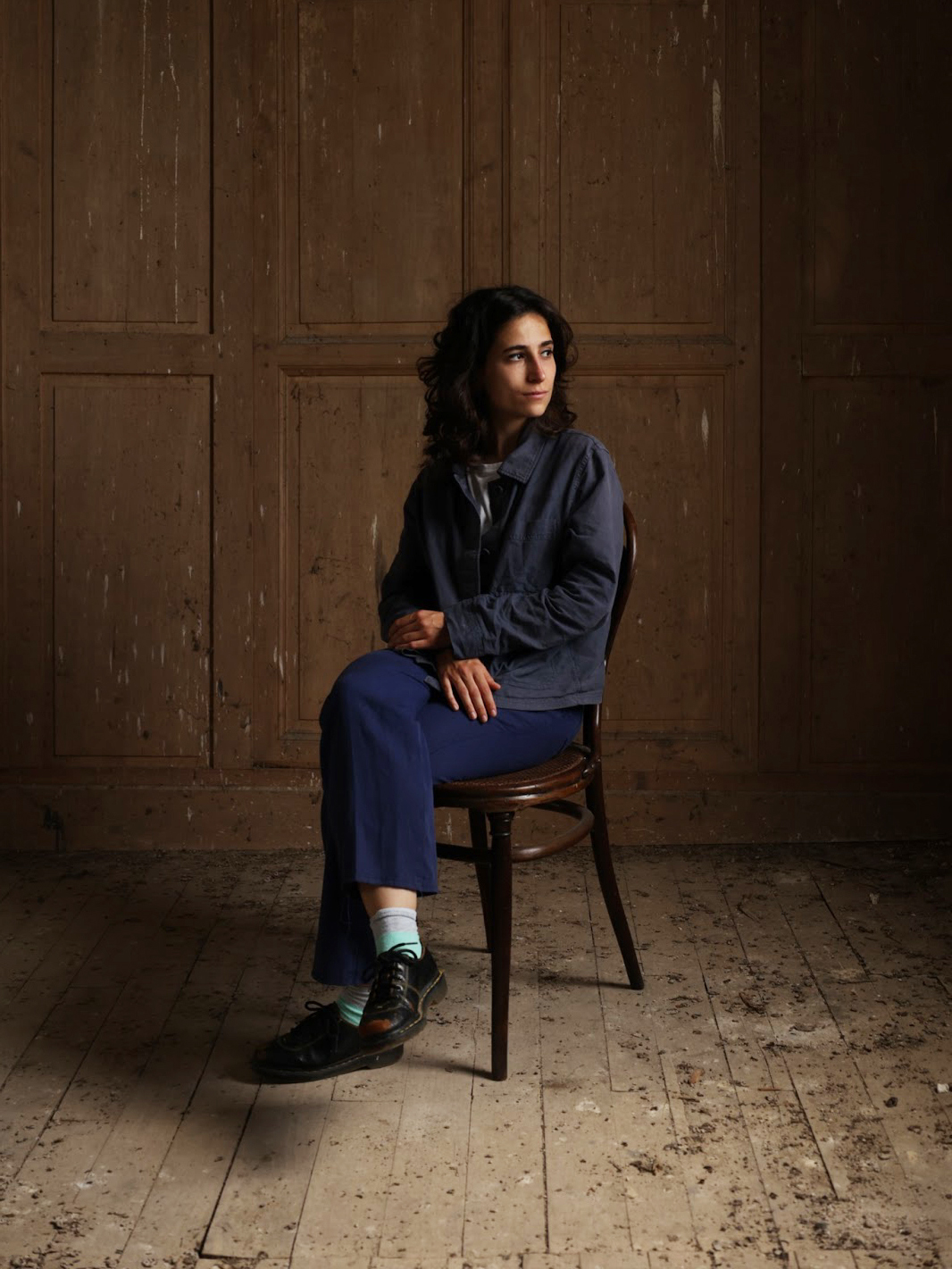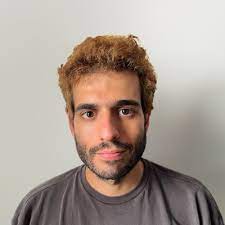Syllabus⇝
MDEF Research, Design and Development studios aim to take research areas of interest and initial project ideas into an advanced concretion point, and execution plan. The studio structure in three terms could be understood as follows:
TERM 1 Research: Understanding what it means to design for emergent futures. Analyzing the past and finding weak signals. References, state of the art. Identifying areas of interest. Experimenting from the first-person perspective.
TERM 2 Design: Forming the present through interventions in the real world. Building the foundations of your design space, forming strategic partnerships. Applying knowledge into practice through iterative prototyping. Testing ideas and prototypes in the real world.
TERM 3 Development: Refining interventions and identifying desirable futures. Establishing roadmaps for the construction of emergent narratives.. Communicating and disseminating your project through speculative design.
The third term Design Studio aims to refine the work developed by the students during the first two terms of the Master program. After finding and engaging with their communities of practice in the second term through a number of initial interventions, students will be encouraged to grow and consolidate those relationships and take a step further. They will design and deploy one last intervention that can serve as closure for their journey in the Master program. At the same time it will act as a launching pad for establishing the alternative presents where they will continue shaping their envisioned emergent futures after the end of the programme.
Keywords: Design Interventions, Community of Practice, Prototyping, 1st Person Research through Design, Design Space, Documentation and Communication, Alternative Presents, Emergent Futures
Learning Objectives⇝
The specific goals are the following: - Grow and consolidate the relationships with your communities of practice - Bring forth design activities with your communities of practice to further explore the area(s) of interest identified in Term I and II - Deploy one last intervention that can serve as closure for your journey in the Master program - Reflect on the becoming, outputs and outcomes of design activities
Schedule⇝
Landing Kick off - Framing your first Design Intervention for Term III
Goals: Critically look back at your project, reflect on the feedback from the Design Dialogues, and propose a first design intervention for the term.
Activity: Briefly present in class 3 of the main learning points from the 2nd trimester. Present your personal alternative present.
Deliverable: A proposal for the first intervention of the term based on the alternative present created (a draft will be discussed during the design reviews the week after).
Task: Start preparing and carrying out your first design intervention.
Design Studio Reviews
Positionality and More-Than-Human Design: Designing for More Than Human-Centered Worlds
Design Studio Reviews
Scalability - Designing yourself out - Decentralized strategies for sustaining continuity and scalability
Goals: Sustaining your activities and impact in a more decentralized manner, enabling for the extension of capacity and globalization of the efforts.
Activity: To reflect on the structural, narrative, documentation and outreach dimensions of your interventions.
Deliverable: Visualize the socio-technical system of your project (updated Design Space). Show possible paths of growth with new or existing actors.
Task: Create a scalability roadmap for decentralization using the strategies presented in class.
Design Studio Reviews
Alternative presents to emergent futures: Understanding your emerging profiles and roles.
Goals: Learn from a guest alumni’s case study on how a 1PP alternative present design research investigation can become a hybrid professional role radically different from their previous professional practice.
Activity: Presentation and Q&A, extrapolating ideas, identifying milestones, turning points, roles and strategies undertaken towards your alternative present.
Deliverable: Update your alternative present including a description of the roles you would like to have in it.
Task: Update your bio section in your website with an adaptation of your alternative present and your roles in it. Continue developing your interventions.
Design Studio Reviews
MDEFest
Goals: MDEFest aims to celebrate the end of the Masters’ journey by offering a series of sessions hosted by the students on the topics and projects they worked on all year long.
Activity: Sessions will last maximum half a day, can be digital or physical (with remote streaming), done individually or in groups (preferably) and can be in the format of a workshop, a debate, a visit, a meetup or any kind of format the students find suitable for this experience.
Deliverable: One-week time-frame to hold the sessions planned for the Fest.
Elisava-Beyond Grad Show
Activity: One-week exhibition showcasing prototypes, results and outcomes from Elisava’s Final Master Projects. The set up will be the 17th and the dismantling of the exhibition the 21st.
Graduation Ceremony
IAAC Master Exhibition Opening and Awards Ceremony
Activity: Exhibition showcasing prototypes, results and outcomes from IAAC’s Final Master Projects. The exhibition will be running until September. The opening will also hold the Award Ceremony for IAAC 2023-24 projects. The set up date will be confirmed.
Deliverables⇝
End of academic year deliverables - Due date: 14th of June.
- 10 high resolution images of the results of your project
- 1 high resolution poster or graphic document with more than 1 page of your Design Space evolution, including your first Design Space and the last Design Space
- A 2-5 min video
- Complete the Spreadsheet with your project’s information
- Selected physical exhibition material for IAAC and Elisava exhibitions TBC with Chiara
- Written document or Pictorial for the final publication
Grading Method⇝
| Percentage | Description |
|---|---|
| 50% | Faculty (including text/pictorial assignment) |
| 50% | Self-Evaluation |
European Credit Transfer and Accumulation System (ECTS)
15 ECTS
Faculty⇝
Guillem Camprodon is a designer and technologist working in the intersection between emergent technologies and grassroots communities. He is the executive director of Fab Lab Barcelona at the Institute for Advanced Architecture of Catalonia (IAAC), a benchmark in the network of over 2000 Fab Labs and home of the Distributed Design Platform. He has a passion for teaching and is the co-director of the Master on Design For Emergent Futures (MDEF), a collaboration between IAAC and ELISAVA. Previously, he led Smart Citizen, a platform that opposes the traditional top-down Smart City model, empowering communities with tools to understand their environment. As a former research lead, he participated in many European-funded research and innovation projects, such as Making Sense, iSCAPE, GROW Observatory, Organicity, DECODE, ROMI and Reflow.
Laura Benitez has a Ph.D. in Philosophy and is a researcher, and university lecturer. Her research connects philosophy, art(s), and technoscience. She is an associate professor at the Department of Philosophy at the Autonomous University of Barcelona. She also teaches at Elisava. She has served as the coordinator of the Theory area in the Arts and Design Degree at Massana, where she has taught Critical and Cultural Studies. She has been a visiting researcher at the Ars Electronica Center and the Center for Studies and Documentation of MACBA. She has also collaborated with international institutions such as Interface Cultures Kunstuniversität Linz, Sónar Festival (Barcelona/Hong Kong), Royal Academy of Arts London, and the University of Puerto Rico. Between 2019 and 2021, she directed Biofriction, a European project (Creative Europe) on bioart and biohacking practices, led by Hangar in collaboration with the Bioart Society, Kersnikova, and Cultivamos Cultura. She is co-director of the Master on Design For Emergent Futures (MDEF).
As a designer and researcher with a strong focus on sustainable practices and innovative design methodologies, Jana is committed to questioning and challenging the field of design. By continuously striving for movement and positive change, she puts sustainability, innovation, and care at the forefront of her work — which is always underpinned by post-humanist and feminist materialist thought. In her design practice, Jana’s work is community-driven and collaborative, working with other designers and artists to create thought-provoking installations and experiences.
Roger Guilemany is a founding member of the design cooperative aqui, where he contributes, through action research, to processes of ecosocial transition and the praxis of participatory design. As an independent researcher, he is interested in relationships and collaborative processes of situated production. With his design practice, he also collaborates with commoning projects and other self-governance structures.




